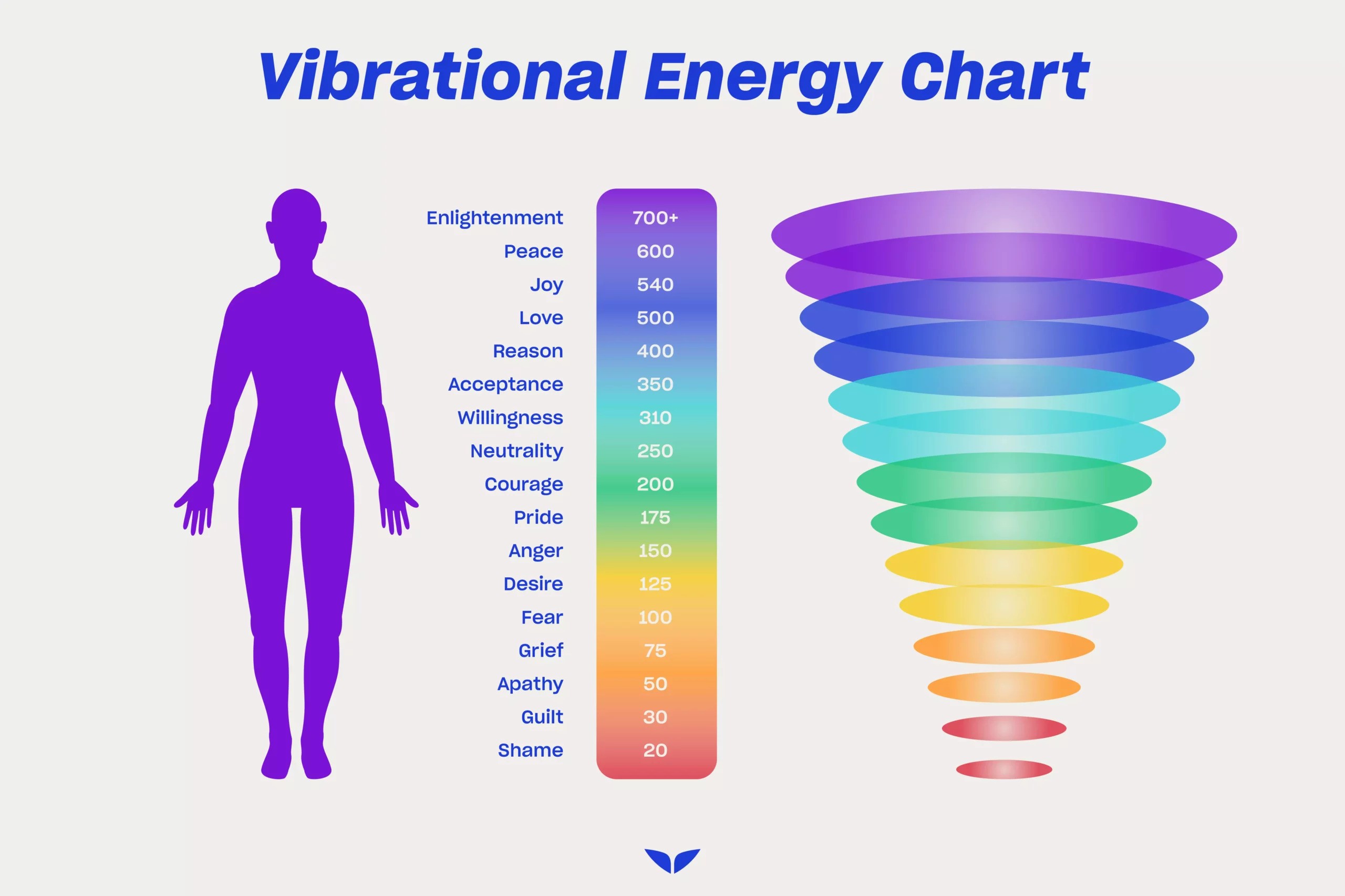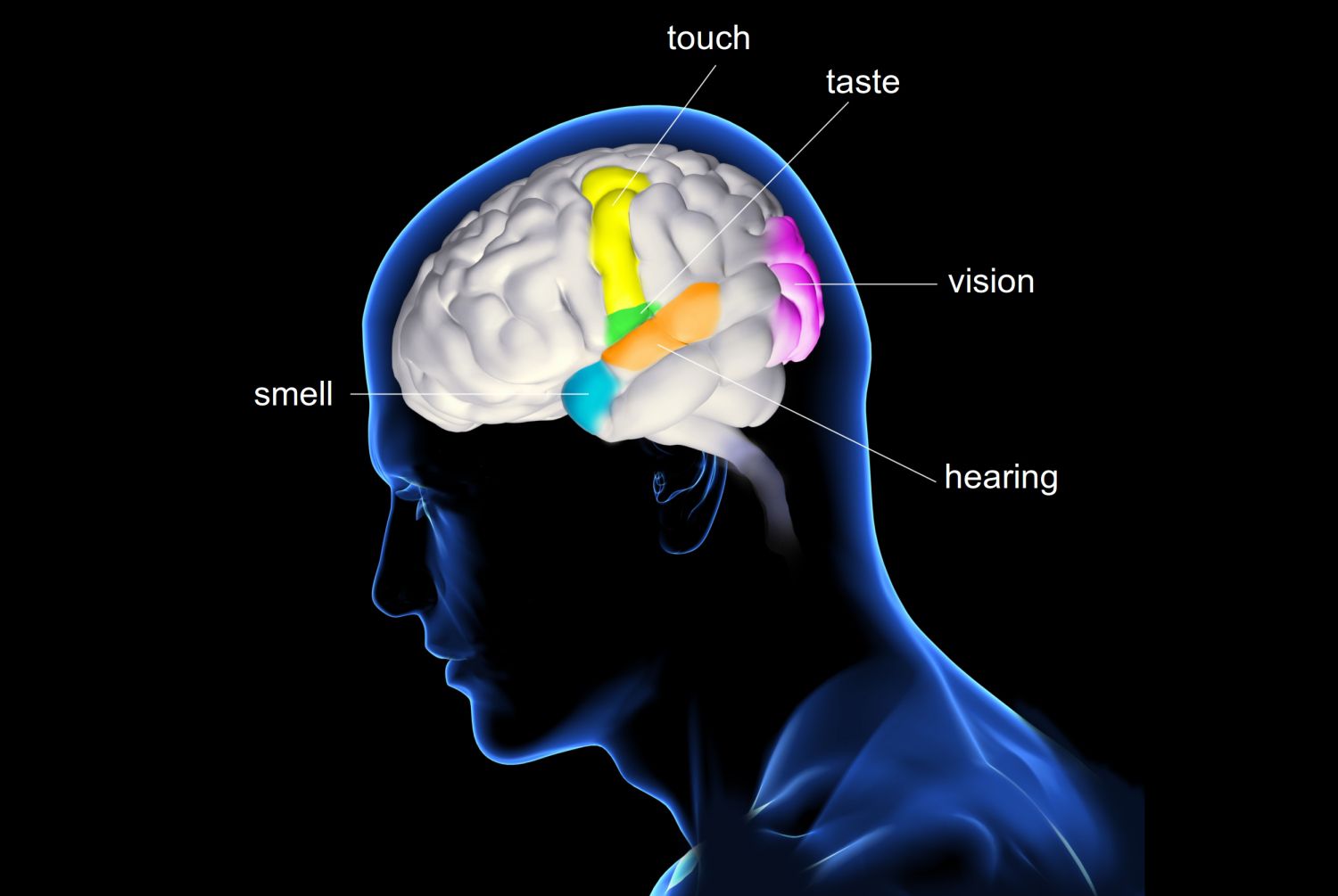Is Meditation Good For Brain? 10 Benefits On Brain
Meditation has been found to increase the thickness of the prefrontal cortex. Higher-order brain functions, such as increased awareness, concentration, and decision-making, are managed by this brain center. Higher-order functions become stronger as a result of meditation, while lower-order brain activities decrease. In other words, you have the ability to teach your brain.
Meditation, which is available to everyone, is a fountain of youth for the mind. In your twenties, the human brain begins to decline naturally. The powerful practice of meditation can help you maintain a healthy brain.
Is Meditation Good For Brain: Main benefits of meditation on your brain
1. Better focus and concentration
Mindfulness meditation helps you focus on the current moment, which might help you concentrate better on other things.
A 2011 Harvard Medical School study looked into the effects of mindfulness meditation on the brain and discovered a link between mindfulness and the processing of new information.
The researchers looked at 17 people's brains before and after they completed an eight-week meditation program. Gray matter increased in the areas of the brain important for learning, memory, and emotional control, according to brain scans.
Furthermore, researchers from Carnegie Mellon University revealed how mindfulness meditation might increase concentration and decision-making in a 2016 study.
The participants in the study were 35 unemployed persons looking for work. The first group did a three-day relaxation program that did not include mindfulness meditation, while the second group did three days of mindfulness meditation. For the meditation group, brain scans before and after showed an increase in the connection among areas of the brain that control attention.
2. Reduces stress
One of the most common reasons individuals practice meditation is to relieve stress.
According to one study, meditation lives up to its stress-relieving reputation.
The stress hormone cortisol is normally elevated in response to mental and physical stress. Many of the negative effects of stress are caused by this, such as the release of inflammatory molecules called cytokines.
These side effects can include sleep disturbances, induce melancholy and anxiety, raise blood pressure, and cause exhaustion and foggy thinking.
A meditation technique is known as "mindfulness meditation" was found to lessen the stress-induced inflammatory response in 8-week research.
3. Manage anxiety or depression
Mindfulness meditation trains your mind to focus on the present now, making you less prone to obsess on unpleasant thoughts, which can exacerbate melancholy.
Mindful meditation can assist with anxiety and despair, according to a 2014 study published in JAMA Internal Medicine, and might be part of a comprehensive mental health treatment strategy.
The benefits of mindfulness-based stress reduction (MBSR), a therapeutic program that involves mindfulness meditation, have also been substantiated by research. MBSR has been shown in studies to assist people with anxiety calm their brains and lessen symptoms of depression, such as insomnia, lack of appetite, and low mood.
4. Meditation may cause changes in the volume of certain brain areas.
Sara Lazar and her Harvard colleagues discovered in 2011 that mindfulness meditation can modify the structure of the brain: The hippocampus, which governs learning and memory, and particular parts of the brain that play roles in emotion regulation and self-referential processing were shown to have increased cortical thickness after eight weeks of Mindfulness-Based Stress Reduction (MBSR). There were also reductions in brain cell volume in the amygdala, which is responsible for fear, anxiety, and stress – and these changes matched the participants' self-reported stress levels, demonstrating that meditation alters not only the brain but also our subjective perception and feelings.
Changes in brain areas connected to mood and arousal were also linked to improvements in how individuals reported they felt — i.e., their psychological well-being — according to a follow-up study by Lazar's team. So, for anyone who thinks activated blobs in the brain don't necessarily represent anything, our subjective experience – enhanced mood and well-being – appears to be shifted as well.
5. Meditation Aids in the Preservation of the Aging Brain
Long-term meditators had better-preserved brains than non-meditators as they aged, according to a UCLA study. Participants who had been meditating for an average of 20 years had higher grey matter volume throughout the brain; while older meditators still had some volume loss compared to younger meditators, it wasn't as severe as non-meditators. "We predicted small and clear changes in some of the regions previously related with meditating," research author Florian Kurth stated. "Instead, what we saw was a vast effect of meditation that spanned the entire brain," says the researcher.
6. Enhances self-awareness
Some types of meditation can help you have a better understanding of yourself and become your best self.
Self-inquiry meditation, for example, is designed to help you gain a better understanding of yourself and how you interact with others.
Other types educate you to spot dangerous or self-defeating ideas. The idea is that as you become more conscious of your thought patterns, you may retrain them to be more constructive.
A meta-analysis of 27 research found that practicing tai chi is linked to increased self-efficacy, which is a phrase that describes a person's belief in their own ability to overcome obstacles.
Another study found that 153 persons who used a mindfulness meditation app for two weeks had less loneliness and more social contact than those in a control group.
Additionally, meditation practice can help you develop more creative problem-solving abilities.
7. Increases attention span
Meditation with focused attention is similar to weight lifting for your attention span. It aids in the development of attention strength and endurance.
People who listened to a meditation tape, for example, had better attention and accuracy while completing a task than those in a control group, according to one study.
A comparable study found that persons who meditated on a regular basis did better on a visual test and had a longer attention span than those who had never meditated.
Furthermore, according to one study, meditation can even alter brain processes that contribute to mind-wandering, worrying, and poor focus.
Even if you only meditate for a few minutes each day, it may be beneficial. According to one study, meditation for just 13 minutes a day for 8 weeks improved attention and memory.
8. Brain Structures and Neuroplasticity
Through neuroplasticity, mindful meditation can cause physical changes in the brain.
The potential of the brain to rearrange and evolve continuously throughout your life is referred to by this increasingly common idea. The brain is influenced by behavior and lifestyle. As a result, your brain is continually forming new synaptic connections as a result of your daily activities. Because neurons (nerve cells) actively adjust to changes in their environment, this is the case.
Brain cells reorganize themselves, dynamically adjusting by generating new pathways inside the brain. These neurological architecture are influenced by how you think and feel.
As the density of gray matter changes, neuroplasticity allows you to form and improve connections between neurons. In just a few minutes per day, you can effectively modify your brain.
9. Make you more kind or loving
Kindness with love Compassion for yourself and others can be fostered via meditation. It increases brain circuits that detect other people's emotions, encourages altruistic conduct, and reduces the implicit or unconscious bias that perpetuates harmful stereotypes.
Imagine a loved one in your mind and wish them happiness to begin a loving-kindness meditation. After that, you may extend that love to yourself and others in your life.
10. Improves sleep
Nearly half of the population will have insomnia at some point in their lives.
One study evaluated mindfulness-based meditation programs and discovered that persons who meditated stayed slept longer and had less severe insomnia than those who did not meditate.
Learning to meditate can help you manage or divert your racing or racing thoughts, which can lead to sleeplessness.
It can also help you relax, reducing stress and putting you in a serene state where you're more likely to fall asleep.
The bottom line
Meditation has a variety of health benefits, including physical, mental, and emotional ones. You should give it a try to see whether it's good for you if you want to increase your attention, reduce stress, or deal with addiction, depression, or chronic pain.


